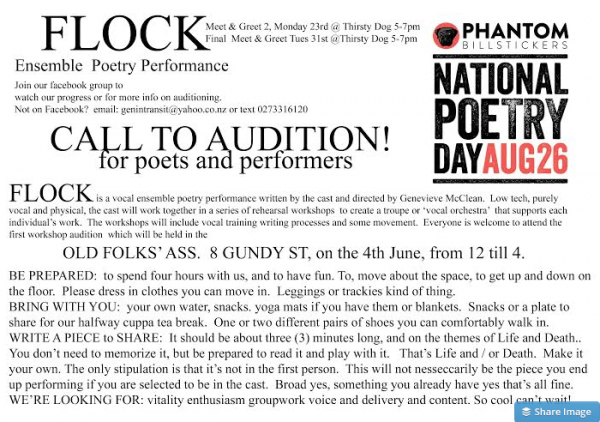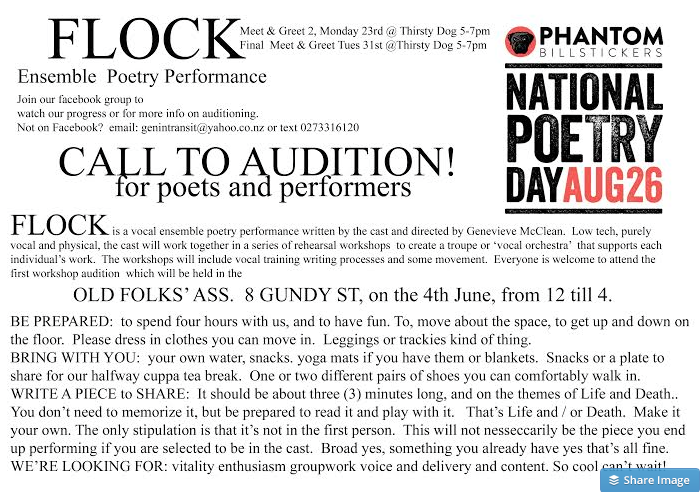
When I flew in to places, I was not just flying in to places.
I wasn’t just waiting for my Backpack to arrive by itself at LA airport, while a tall blonde ground crew personnel appeared as an apparition in six inch heels to explain that there was a dog on the runway, and we all waited…
I wasn’t just hoisting my slightly military looking camera tripod over my shoulder while making my way through customs, in Bankok in a sleeveless puffer jacket at 27 years old in a pre 9/11 world…
I was never just walking out to a pink wooden bus, pungent with frangipani and gardenia while there was a lightening storm breaking the back of the sky over Faleolo, looking up and around in wonder at the tall palms dancing in the dark…
I was fulfilling a personal prophecy that came from a line of poetry I wrote in a class.
“Flying in for the event”
I wasn’t just photographing the white sands deserts and their road signs, or reflecting on anagrams when observing a dying vole in Austin, with a Canadian man who would never be my lover, while he infamously proffered a melon, and asked me …
“ So we …Cantaloupe?”
I was never only standing on the steps of the Jewish Museum Berlin on September 11th 2001, with my camera running…
I was never only startled by a large green lizard when peeing behind a shrub on the side of the road some way out of Rome, while the Italian pyrotechnics guys prepared to blow up the van…
“Flying in for the event” was something I craved as a girl in the Auckland suburbs when I thought that I would never be able to leave the country and see the world, but I was never just a girl in a school uniform, penning observations about the world beyond our state house letterbox, the washing line, the bus, stop.
Travelling was something I manifested in my life through poetic thinking.
We cast an eye over the world, which is interpreted by our neurological system, which is built by experience, which is delivered by language, which is enabled by storytelling.
Poetry in everything, is the by-line of my life. I even tried to work out how to put that in Latin: Camena in totum res, is as far as I got, (if you can improve on this please let me know, I would like to inscribe it on everything in silver embroidery cotton).
Because Poetry is a Way Of Seeing, I disagree with C.K.Stead when he once said in a lecture I was present at: that you can’t try to experience everything you want to write about, in order to write about it, because you will go insane. There is nothing wrong he said (I am paraphrasing) with sitting in your writing room, and using your imagination!
Stead I suspect, was responding to the urges of the seventies in NZ poetic movements to move around, and experience life, and (I am generalizing) to let the way you live life inform your work. Much like the famous quip by Lawrence Olivier to Dustin Hoffman who was exhausting himself with a ‘method’ approach on set: “My dear boy, why don’t you try acting?”
I teach a creative writing class and when I do I lead the writers to a page in Dick Frizzell’s autobiography in which he discovers the drawers of catalogued images in his Elam lecturer’s desk. “Reference, reference, reference!” He and I were schooled on discovering that one is not actually obliged to use only the muscle of the memory in drawing but also the guidelines the world already has to offer. It was Giotto who was obliged to draw a circle freehand to prove his artistic prowess. Now we have phones and data and instagram, but it’s not everything. Performing to real people in real time in real space is already interdisciplinary in a way that tech can’t reach.
I am suggesting that there is a third dimension in this simplistic map.
What about when writing from the imagination leads the path? Oo! Now we’re talking indulgences! Which is why some of us place value on observing the purpling of the sky at high altitude as an added bonus and the delight of coming over a frozen crest to observe sastrugi (the name given to wind blown ice forms in perpetually cold places), also a bonus, a by-product, an unexpected discovery, when our intention was to simply climb the mountain. I could probably have written about the rope and the crampons, without going up the mountain. I could no doubt have googled mountain and discovered sastrugi, but would I ever have known the sky was violet if I hadn’t known to ask? Would I remember as well the face of my friend, from the photos I never saw, because she forgot to put a film in the camera? Could I have envisaged the statued scene of six climbers roped together on a high crest watching a tiny mars bar gain velocity as it slid into an infinity of white and blue ice?
As actors and writers, we observe people and inhabit them, and to some extent we allow them to inhabit us. However we are always balancing the imagination with the practical experience that leads us to more points of departure.
Discovery in the own brain, is called epiphany. It is the mainstay of ALL educational theory. (Oh let’s not dispute that in the academic arena). Epiphany is the word that sits behind words like inquiry, in educational theory.
This is why I love the mechanics of performance so much. It’s education for adults. You’re sitting in a theatre, wondering if you’re sure you know as much as you should about what’s going on, and then your brain suddenly sets off a series of cognitive flashes, like a Rube Goldberg of neural activity, and you lean in … that is epiphany.
When I teach a gorgeous class of 7-9 year olds on Thursday morning baroque recorder, and ask them if they know what medieval is? They say no. Then I get them to stand up, and I say “what about castles, and kings, and knights of the realm, and flags on the hill, and hand to hand combat in battle, and if the right person is galloping to get in quickly because they’re being chased on horses, you’ll need to grab your bugle and play a fanfare which sends a message to the people downstairs to open the door”, then one by one those wee faces light up, and that is epiphany, and then we play invented fanfares on our plastic recorders and that is called play, and in associating inventive thinking with received information we’ve apprehended the epiphany and fixed it in place through a performative experience.
If you learn at a young age, to harness your imagination for the dangers it might bring, or to shackle it, and rely solely on your ‘right-brain thinking’ just by way of example then you may end up as one of the students in a writing class I once had who was afraid of her imagination. While the task at hand was to imagine the voices of our characters, she mocked me, suggesting that if I was able to ‘hear’ the voice of my character, then I must be mad, as hearing voices is a sign of madness.
“It’s ok”, I told her, “You are in control”. The techniques in writing I am using actually stem from improvisational theatre, from Keith Johnstone, and his inherited education in mask work, which stems in turn from ritualistic theatre processes in which the wearer of the mask allows the mask to ‘posses’ them while they wear it. So maybe she sensed some voodoo in the process! Or maybe she was harbouring some wonderful inner life that was daunting to her instead of entertaining to us.
There still persist contemporary fears of people who use their imagination powerfully. In the 20th century, (yes, and the 21st, I haven’t been counting,) poets have been frequently killed for the threat they display in using language well. Sometimes I feel as though there is a subjugation of reverence for the arts here in New Zealand. In edgy fringy local theatre / film and musical production, funding for resources is more limited than ever and the competition to make art is high, and co-opted by micro-corporatizations or art groups, or even appropriated by the corporate world. There’s even a friendly but radical tribalism between groups in poetry in Auckland that I first observed in New York on a poetry tour in 2006. There’s a soft hegemony, of publishing and academic text, and then there’s a lateral segregation as well. A clustering of words-workers that illustrates the racial, fiscal and cultural dynamic that we might otherwise think is all Even Stevens. By nature poetry wants to transcend these ghettos of language.
Poetry can be perceived as a danger to some. Poetry breaks walls, and educates outside the ministries. It gives privately shared language to the people in the way that previously, privately shared language was reserved for the wealthy and the clergy. It obfuscates the mechanics that uphold it, and pops up in places you thought it was incapable of getting to. It can take hold anywhere, like fungi, or a Boston Dynamics Sand Flea. It evades the dumbing-down that wealth inequality contours, and it is most indomitably never immoral as it’s always up for review; completely transparent; exists outside of finance structures and is irrefutably beneficial to society.
So when Phantom Billstickers said they were supporting New Zealand’s National Poetry Day, my eyes lit up, and so did the sky, and a half a rainbow appeared over the Auckland Old Folk’s Ass in Gundy Street off K’road.
Now we’ve confirmed, FLOCK
will take place on the 26th August
at the Auckland Old Folk’s Ass. at 8.30 pm.
as part of PHANTOM BILLSTICKERS National Poetry Day!!
find our facebook page and join it to follow our progress!
You know what would be even better? Come and audition!
Genevieve McClean – TDBs Arts reviewer





